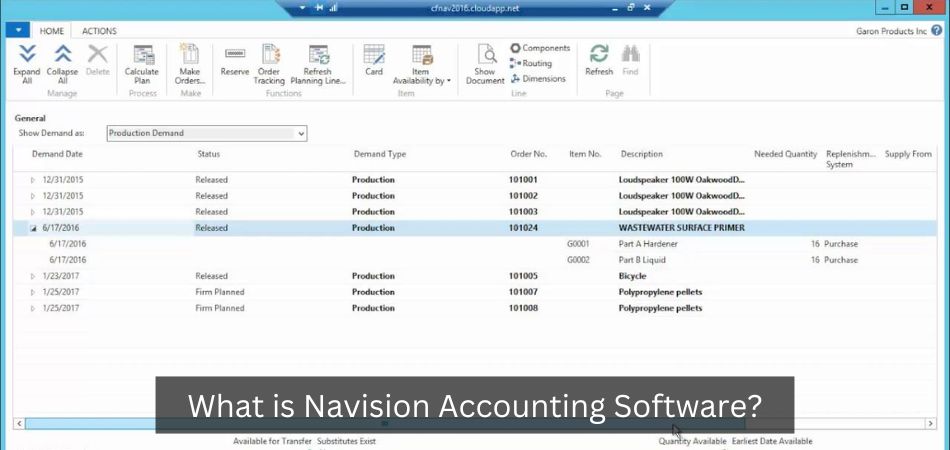Credit Cards and Credit Scores: Understanding the Relationship Between Them

Did you know that credit cards and credit scores are intricately linked in the world of personal finance?
When managed responsibly, credit cards can serve as powerful tools for improving your credit history and, in turn, your credit score.
By understanding these dynamics, you can navigate the credit card landscape wisely and maintain a strong financial foothold.
Anúncios
This article explores the symbiotic relationship between them, shedding light on how one can profoundly influence the other. Understanding this connection is crucial for managing your financial health effectively.

Anúncios
Credit Cards and Credit Scores: Discovering How One Can Benefit the Other
Want to improve your credit score and personal finances? Understand now how a credit card can be beneficial.
1. On-Time Payments Can Help Credit History
A cornerstone of a robust credit score is a history of responsible credit usage, and credit cards play a pivotal role in this.
Making on-time payments on your credit cards is not just a financial best practice; it’s a credit score booster.
Credit card issuers typically report payment information to major credit bureaus, such as Equifax, Experian, and TransUnion. This data becomes part of your credit history, showcasing your reliability as a borrower.
Over time, a consistent record of on-time payments contributes to a stellar credit history, which is a vital component of a high credit score.
However, the influence of on-time payments extends beyond just building a positive credit history. It also affects your payment history, which is a major factor in credit scoring models.
In fact, payment history accounts for about 35% of your FICO credit score.
Consistently making at least the minimum payments on your credit cards not only builds a positive payment history but also demonstrates to lenders and credit agencies that you are a responsible borrower.
2. You Have a Diversified Credit Mix
Diversity is not only the spice of life but also a secret sauce for a strong credit score. Credit bureaus consider your credit mix when evaluating your creditworthiness.
A diverse mix of credit types, including both installment and revolving credit, can work wonders for your scores.
Credit cards fall into the category of revolving credit, offering a flexible borrowing option with a set credit limit.
If your existing credit mix mainly comprises installment loans, such as student loans or mortgages, adding a credit card to the mix can enhance your credit profile.
Furthermore, having a diverse credit mix showcases your ability to handle various financial responsibilities. It demonstrates to creditors that you can manage both short-term and long-term debt effectively.
This versatility can make you a more attractive borrower, potentially resulting in better loan terms and lower interest rates.
3. It May Increase Your Credit Amount
The credit limit on your credit card can serve as a hidden asset for your credit score. While it may seem like a simple number, your credit limit contributes to your total available credit.
This total credit available plays a crucial role in determining your credit utilization ratio—a key factor in credit scoring.
The lower this ratio, the better it is for your credit score. By increasing your available credit through responsible credit card usage, you can keep your utilization ratio in check, positively impacting your credit score.
Furthermore, having a higher credit limit can provide you with greater financial flexibility. It can be a safety net in times of unexpected expenses or emergencies.
Additionally, credit limit increases are often granted to individuals with a strong credit history, reinforcing the idea that responsible credit card usage can open doors to improved financial options.
How Credit Cards Can Hurt Your Credit Score
In addition to knowing the positive points, it is important to know that misuse of your credit cards can be harmful to your credit scores. Check out!
1. Missed Payments Hurt Scores
As much as on-time payments can be a credit score’s best friend, missed payments can be its nemesis. Late payments on credit cards can significantly damage your credit score.
If you consistently fail to make at least the minimum payments on time, your credit card issuer might escalate the matter, leading to collections.
Accounts in collections are a red flag for credit bureaus and can inflict further harm on your credit scores. To avoid this pitfall, prioritize making on-time payments to maintain a healthy credit score.
It’s important to note that not all late payments are created equal in terms of their impact on your credit score.
While a payment made a day or two after the due date might result in a late fee, it generally won’t be reported to credit bureaus as a late payment. Creditors typically report payments that are 30 days or more overdue.
Therefore, it’s crucial to catch up on any late payments as quickly as possible to prevent them from causing more significant damage to your credit score.
2. New Cards Lower the Average Age of Credit Accounts
Your credit history’s age is another critical determinant of your credit score. Credit scoring models take into account the average age of your credit accounts, and older accounts usually work in your favor.
However, opening a new credit card can inadvertently lower the average age of your accounts.
This change can negatively affect your credit score since credit scoring models prefer accounts with long, positive histories.
To mitigate this impact, think carefully before opening new credit card accounts, especially if you already have a mix of older accounts that are contributing positively to your credit history.
The average age of your credit accounts matters because it’s used to gauge your experience with credit over time.
Creditors prefer individuals with a longer, more established credit history, as it provides a more comprehensive picture of your financial behavior.
Opening a new credit card may be necessary for some individuals, but it’s essential to consider how it might affect the average age of your accounts.
To maintain a healthy credit score, balance the benefits of a new card with the potential drawbacks it could pose in terms of credit history.

3. You Can Use Beyond Your Limit
Exceeding your credit limit on credit cards is a financial red flag that can significantly harm your credit score.
Going over your credit limit signals that you may be struggling to manage your finances or overspending.
While it’s essential to have the flexibility of a credit card, it’s equally important to maintain discipline and not max out your card.
The best practice is to use your credit card responsibly, keeping your balance well below the credit limit. This responsible credit utilization can keep your credit score healthy and avoid the negative consequences of surpassing your limit.
Furthermore, going over your credit limit can lead to fees, increased interest rates, and a negative mark on your credit report.
Creditors may view it as a sign of financial instability, which can affect your ability to secure credit in the future.
Avoiding this credit card pitfall is not only beneficial for your credit score but also for your overall financial well-being.
Conclusion
The relationship between credit cards and credit scores is a complex but critical one.
The key takeaway here is that credit cards can be a double-edged sword, and the impact on your credit score largely depends on your financial habits and decisions.
Responsible credit card usage, including making on-time payments, maintaining a diversified credit mix, and using credit wisely, can be instrumental in achieving and sustaining a healthy credit score.
Conversely, missteps such as missed payments, overextending your credit limit, or frequently opening new cards can have adverse effects.
It’s crucial to strike a balance between enjoying the benefits of credit card convenience and safeguarding your financial reputation.
Your credit score is a valuable asset that can open doors to better financial opportunities, so treat it with care and diligence.





